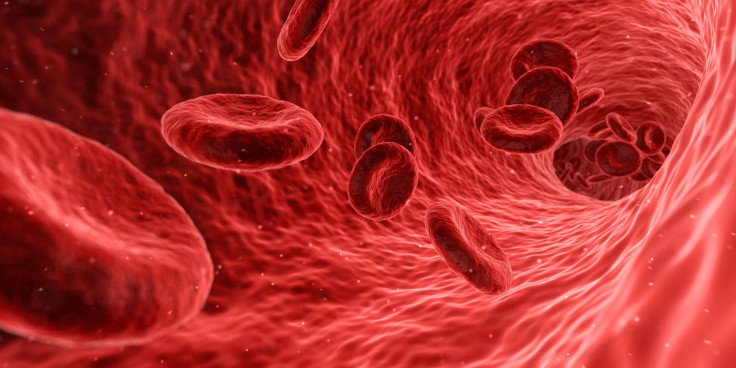High Blood Iron Levels Could Shorten Your Life Expectancy, Study Warns

KEY POINTS
- New gene study: Several genomic regions linked to longer and healthier lives
- Most of these genomic regions contained genes that are responsible for iron metabolism
- Abnormally high blood iron levels could underpin age-related ailments and shorter lifespan
Abnormal levels of iron in the blood could be associated with several age-related ailments. Several genomic regions related to longer and healthier lives are involved in the body’s iron metabolism, claims a new study.
Iron is key to a healthy human body and rapid change in blood iron levels could lead to a variety of health issues. A number of genes are responsible for metabolizing iron in the blood. And mutations in these genes could lead to iron metabolism disorders.
Experts at the University of Edinburgh in collaboration with researchers at the Max Plank Institute for Biology of Aging in Germany sought to investigate which genes could be linked to longevity and healthier lives. They analyzed three massive public genomic datasets which included more than one million subjects.
They identified ten genomic regions that correlated with longer and healthier lives. They observed that a majority of these contained genes that were involved in iron metabolism. They hypothesized that abnormal blood iron metabolization could result in numerous age-related ailments.
The researchers believe that irregular iron metabolization results in low-level long-term iron accumulations in certain parts of the body that suffers from age-related degenerative diseases.
"We are very excited by these findings as they strongly suggest that high levels of iron in the blood reduce our healthy years of life, and keeping these levels in check could prevent age-related damage," New Atlas quoted Paul Timmers, one of the study authors.
The researchers also speculate their findings on iron metabolism could explain why elevated levels of iron-rich red meat in the diet are associated with age-related conditions such as heart diseases.
Human aging is characterized by a progressive decline in the ability to maintain homeostasis – the state of steady internal, physical, and chemical conditions. This could lead to age-related health conditions and eventually death.
But there is a lot of variation between individuals, with some experiencing chronic diseases at a younger age and dying prematurely, while others have the capacity to reach exceptionally old age, often without any health complaints. Several factors including lifestyle, environment, genetics, and pure chance could determine a long and healthy life.
"This study, and follow-up work on the genes we have highlighted, will eventually lead to therapeutic targets that can reduce the burden of age-related diseases, extend the healthy years of life, and increase the chances of becoming long-lived without long periods of morbidity," said the researchers in their paper published in Nature Communications.
© Copyright IBTimes 2025. All rights reserved.






















